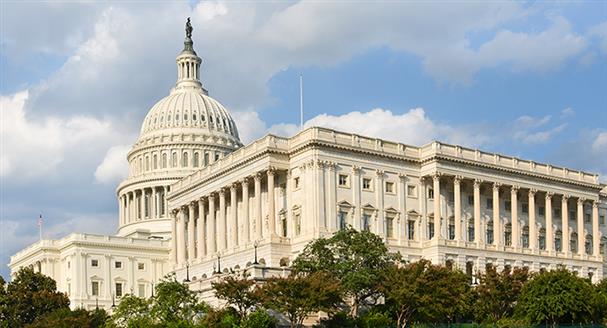U.S. Rep. French Hill says Congress will do more to help health care, small business
by March 22, 2020 10:03 am 563 views

While Congress has already taken steps to address the COVID-19 pandemic in the U.S., Rep. French Hill, R-Little Rock, said more help will be on the way.
“My biggest concern now for Part Three or Phase Three is that it be fast,” Hill said in an exclusive Talk Business & Politics interview. “That’s direct assistance to critical industries, critical infrastructure in food and airlines, ways to get funding to our small businesses so that they can keep their employees… This is not an economic crisis, it’s a public health crisis that’s turned into a short-term economic crisis. So, trying to get people money through the Small Business Administration, through their bank, through their insurance carrier, these are ways that we’ve got to help our businesses.”
Hill said he believes some of the assistance to come in Phase Three would include federal guarantees for small business programs and cutting red tape for financial firms to make short-term loans, especially for businesses that have seen revenues leveled to zero or near-zero.
“And then, as the public health crisis subsides or moves to another level, people can adjust accordingly. Maybe some revenue will come back over the next couple of months. That’s what we all hope. But again, that’s going to be governed by the medical results on the ground,” he said.
Some highlights of what Congress has already passed to help during the coronavirus pandemic, according to Hill, include:
- More than $8 billion for public health needs to states;
- Arkansas will get about $6.2 million;
- Money for unemployment insurance;
- Funding for school lunch programs for kids displaced from school; and
- An increase in the temporary match for Medicare and Medicaid.
Hill is not being critical at this time of the preparation – or lack of preparation – for how hard the U.S. has been hit by the coronavirus. He said he is presently focused on getting immediate relief for those affected.
“I think we’ll look at after-action reports both from the CDC [Centers for Disease Control and Prevention], from our Departments of Health around the United States, from our academic medical centers, from the U.S. military and compare that with recommendations made by our friends in other countries and make sure that we’re prepared for this scale,” Hill said. “I’m concerned about the pandemic risk, but I’m also concerned in the same way about a cyberattack. These are things that we’re not used to in our existence as the largest developed economy, and I think we need to get used to a new world because we’re so interconnected.”
Watch Hill’s full interview in the video below.
